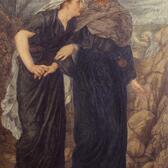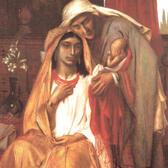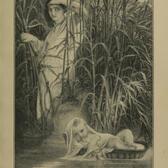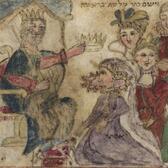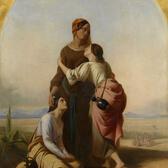Tamar Meir
Tamar Meir is a doctoral candidate in Hebrew literature at Bar-Ilan University, where she previously obtained qualifications in Talmud and Jewish Philosophy. She specializes in the period of Hazal (The Sages of the Oral Law), focusing on Midreshei Aggadah. She also teaches Midrash and Aggadah at a number of women’s institutes for Torah studies.

